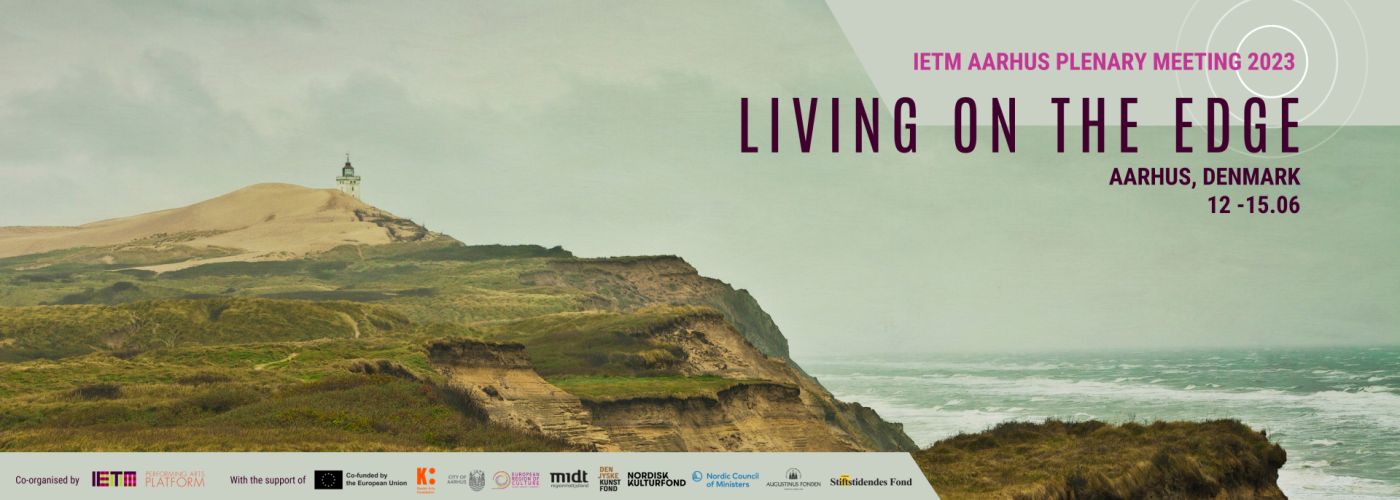| 16:30-17:30 | 19 |
| 09:00-10:30 | 19 |
|
| 11:30-13:00 | 19 |
|
| 11:30-13:30 | 19 |
|
| 14:30-16:00 | 19 |
|
| 14:30-16:00 | 19 |
|
| 16:30-18:00 | 19 |
|
| 16:30-17:45 | 19 |
| 09:30-10:30 | 19 |
|
| 11:00-12:30 | 19 |
|
| 11:00-13:00 | 19 |
|
| 11:00-13:00 | 19 |

